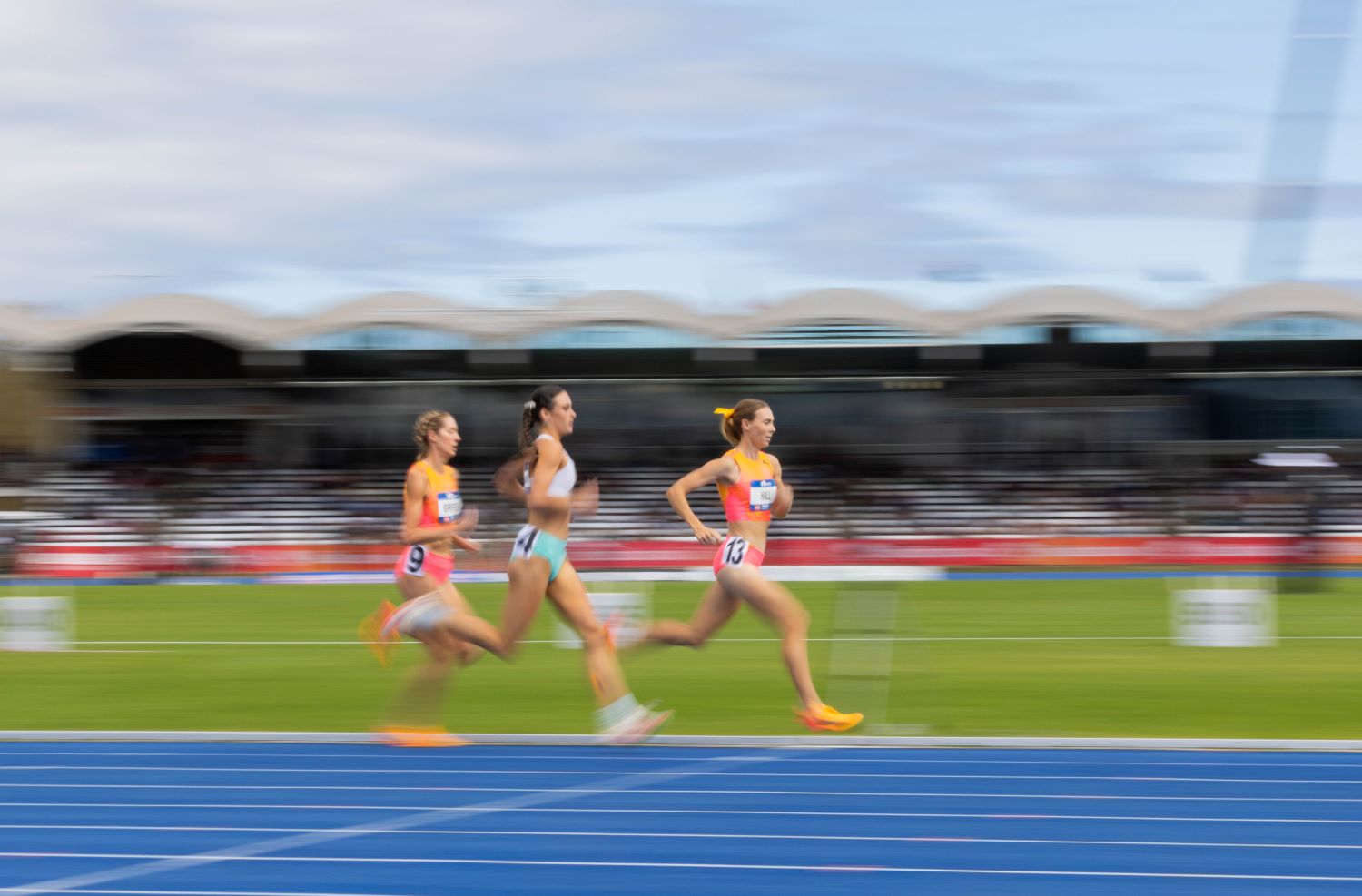Well. That didn’t take long, did it?
Just seven days after the women’s 1500 metres final was decided at the national championships in Adelaide, a picture that was hopefully going to become clearer in fact became murkier.
Running in the opening Diamond League meeting of Olympic year in Xiamen somebody named Gudaf Tsegay won in 3:50.30, suggesting the reigning 10,000 metres world champion and 5000 world record holder may also be capable of giving dual Olympic champion Faith Kipyegon – and anyone else who emerges in the interim – a run for her money in Paris.
But that’s not important now. What is important is that behind, some nine second behind, Tsegay three Australians were engaged in a battle for relativity. Georgia Griffith won that struggle, taking sixth in a personal best 3:59.04, a time well inside the Paris auto standard.
Also getting a big Q against her name for the first time was Sarah Billings who, to her obvious delight, took over seven seconds off her previous best in finishing ninth in 3:59.59. Billings, in turn, finished a place ahead of national record holder Linden Hall who put yet another qualifier on her list with 4:00.71.
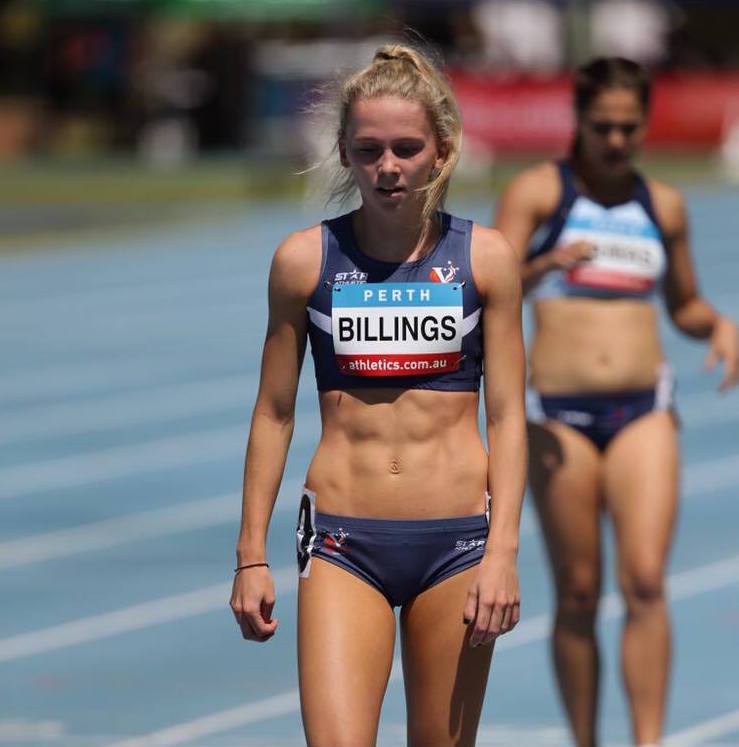 A week before at the nationals it had been Hull a clear first, Griffith charging home for an equally clear second and Hall third. Billings was another 20 metres behind.
A week before at the nationals it had been Hull a clear first, Griffith charging home for an equally clear second and Hall third. Billings was another 20 metres behind.
One thing is crystal clear. Jess Hull is in the Paris24 Olympic Games team at 1500, beyond that, who knows?
And who knows if things will become any more clear the closer we get to final nominations at the end of June. It’s not as if the main contenders will – or should be – racing head-to-head week-in and week-out. Hull was the only person who could be named under the nomination criteria from the nationals.
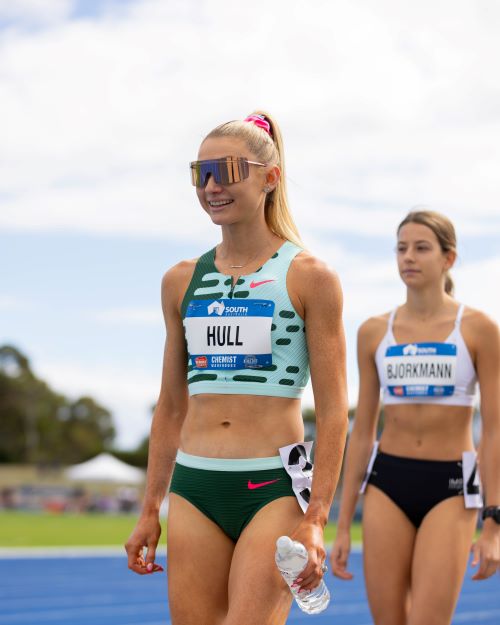
Griffith has clearly strengthened her claim to a Paris spot. Second in the nationals and now with an auto standard should hold up barring disaster between now and closing day. Billings may not have yet done enough to put her ahead of Hall for the third spot especially given Hall’s record and substantial list of auto standards. Although it was not the trial, the nationals have to count for something.
But what of Abbey Caldwell and Claudia Hollingsworth if they want to throw themselves back into the 1500 mix? And there may be others. At this time last year we were not talking of Adam Spencer making the Budapest world championships team. Yet he did. And he won the men’s 1500 at the nationals and will almost certainly be in the Paris team.
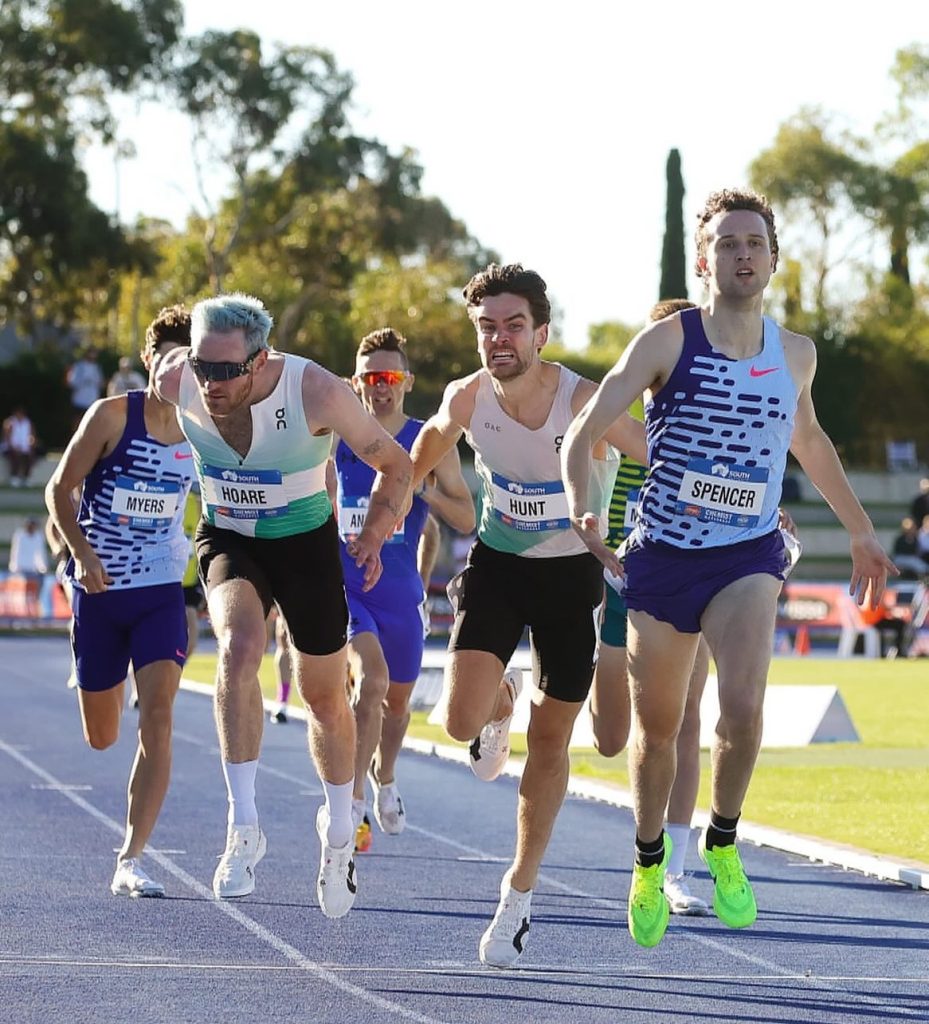 But, as in the women’s final three, there’s a similar lack of clarity about the other two spots. Hoare and Jesse Hunt were second and third behind Spencer, but fourth and fifth-place Stewart McSweyn and Cam Myers have the auto standard while the other two do not (Hoare may rectify that as soon as Sunday morning AEST when he races at the Penn Relays. Hunt surely will follow soon.)
But, as in the women’s final three, there’s a similar lack of clarity about the other two spots. Hoare and Jesse Hunt were second and third behind Spencer, but fourth and fifth-place Stewart McSweyn and Cam Myers have the auto standard while the other two do not (Hoare may rectify that as soon as Sunday morning AEST when he races at the Penn Relays. Hunt surely will follow soon.)

So, instead of things becoming clearer, they seem to be becoming murkier by the minute. At this rate we might not be able to see the backs of our hands by deadline day.
It’s tempting to put all of this down to the selectors. Tempting, but a little unfair. The nomination criteria are negotiated and agreed with the Australian Olympic Committee, whose team the Paris24 Olympians are members of. Hence sports nominate to the AOC. It’s pretty well tick and flick.
Still, there’s some things the sport could do to improve matters, some things that need to be put to the AOC. First and foremost, there’s the support for the domestic season clause which prevented Spencer and three of our Budapest medallists – Nina Kennedy athlete in the first three., Kurtis Marschall and Mackenzie Little – from being among the initial nominations. There needs to be some accommodation with students at US Colleges (Spencer) and exemptions for world medallists (the other three).
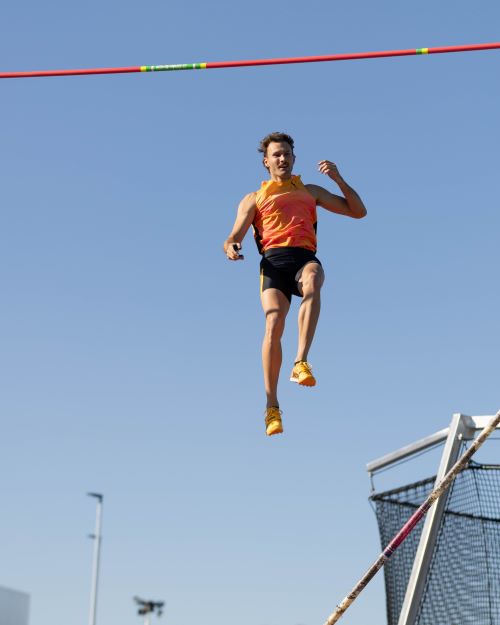
The other clause which needs broadening is the one that allows only first or second to be nominated from the nationals with a Q. That should apply either to first only or first three finishers. Peter Bol and Linden Hall were both beaten by a non-qualifier in Adelaide, but because Bol was second to Luke Boyes and Hall third behind the qualified Hull and then non-Q Griffith, Bol could be nominated and Hall could not.
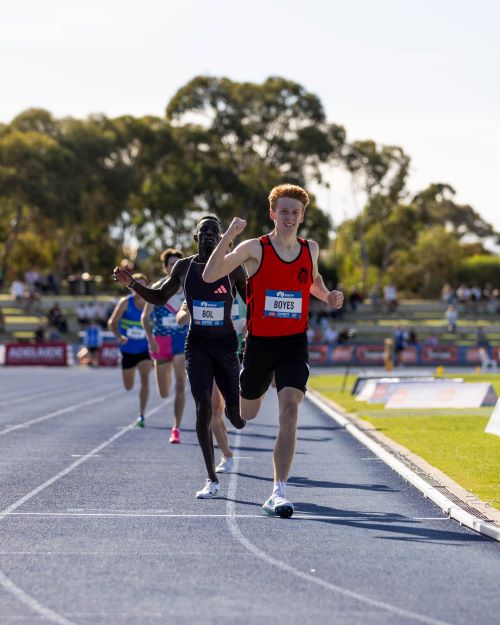
And in events in which there are as many, or more, qualifiers than the maximum three places available, there should be a strong presumption that the first three in the national championships, subject to fitness and form, should ultimately be the three selected. The results of head-to-head competition against your peers may not be a perfect guide to the best three, but it’s hard to think of a better one.
 Of course, we must follow the process agreed with the AOC, but it’s to be hoped the selectors have a fair idea right now as to who should be in the final team. Otherwise, you can get yourself into a muddle.
Of course, we must follow the process agreed with the AOC, but it’s to be hoped the selectors have a fair idea right now as to who should be in the final team. Otherwise, you can get yourself into a muddle.
And as this column put it the week before the nationals, left unresolved, sometimes a muddle becomes an even bigger muddle.



